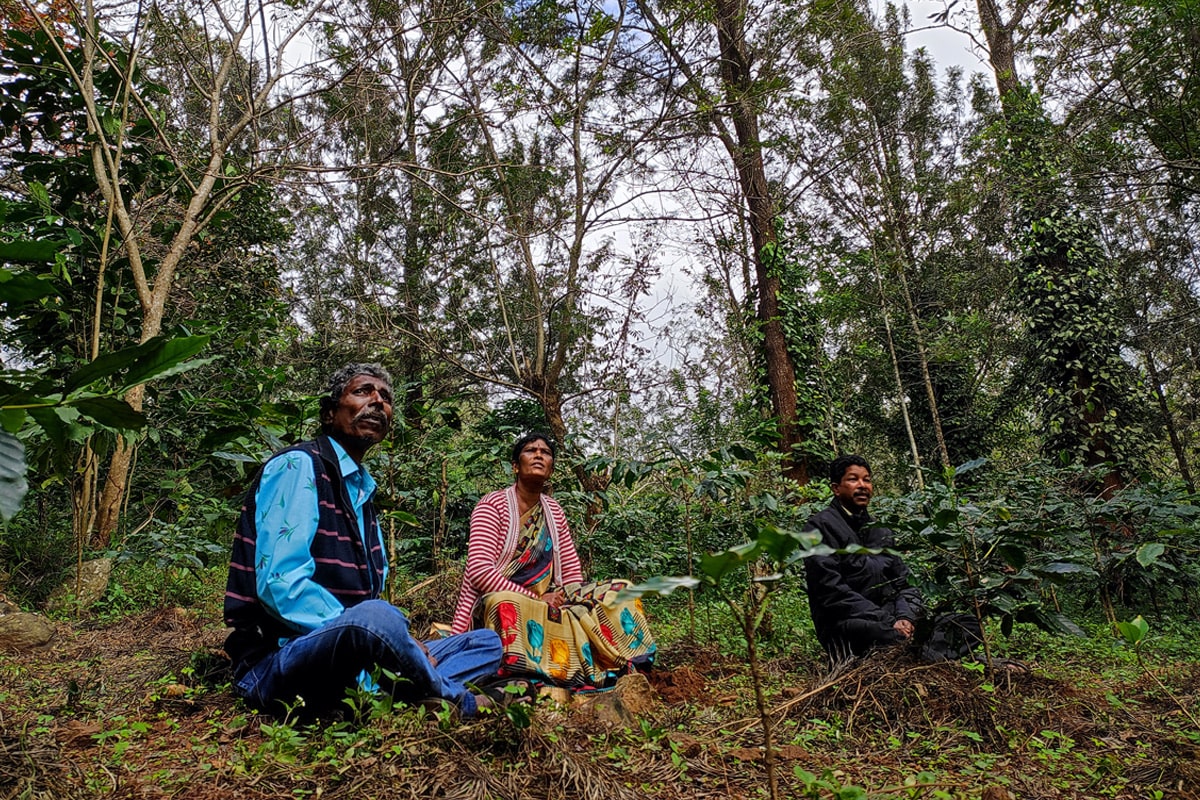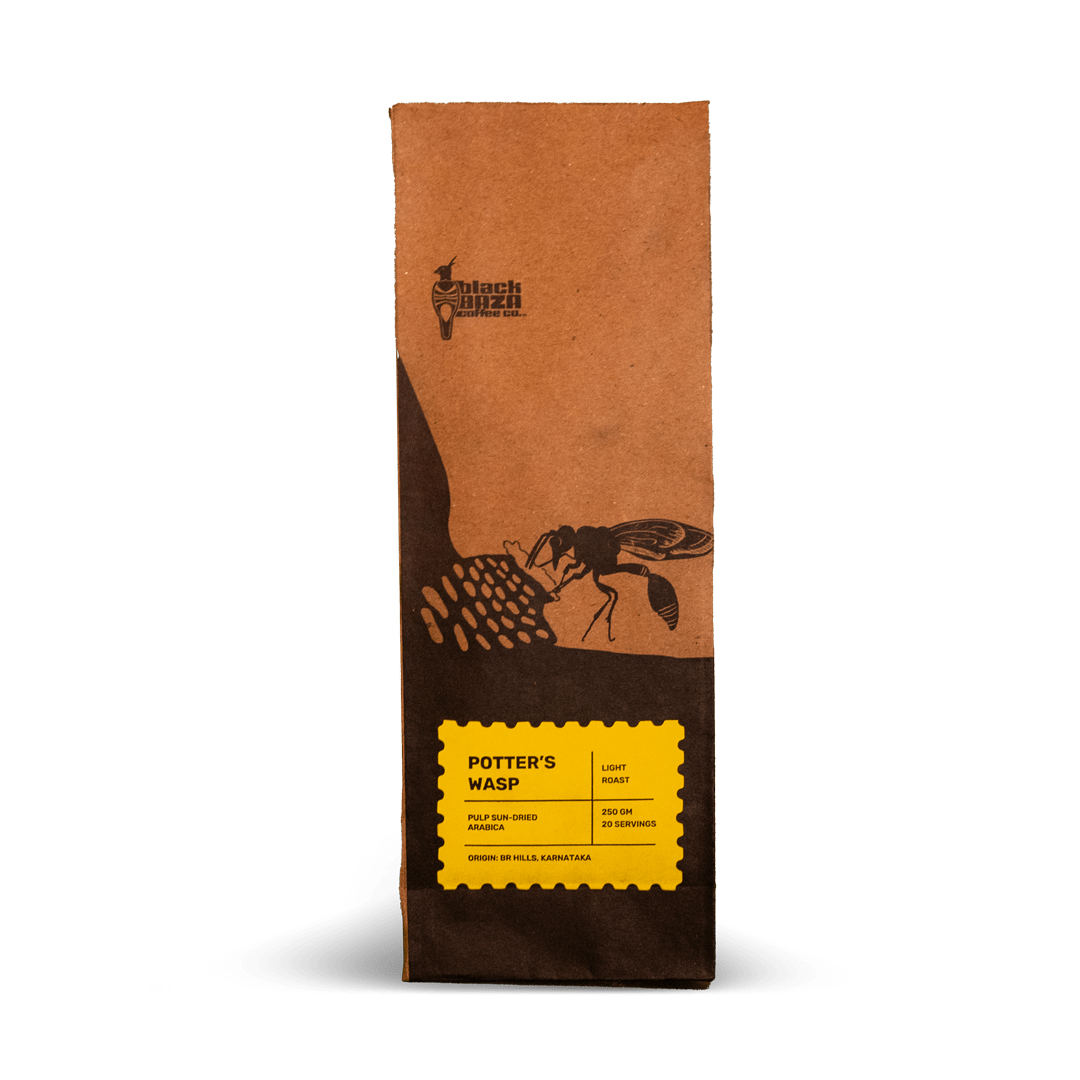Groovy Arabica
Potter Wasp
Potter Wasp
Couldn't load pickup availability
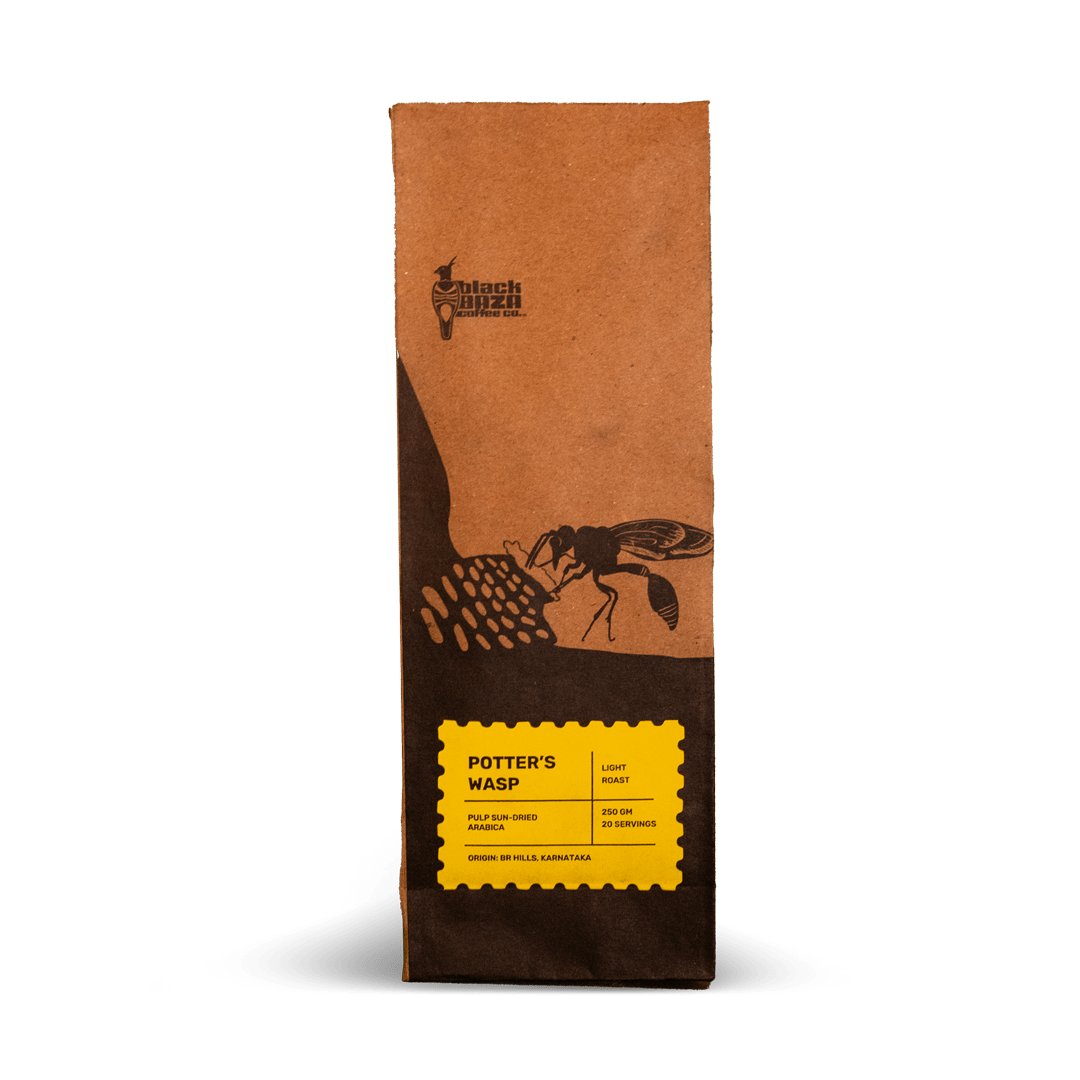
Grind Size Chart







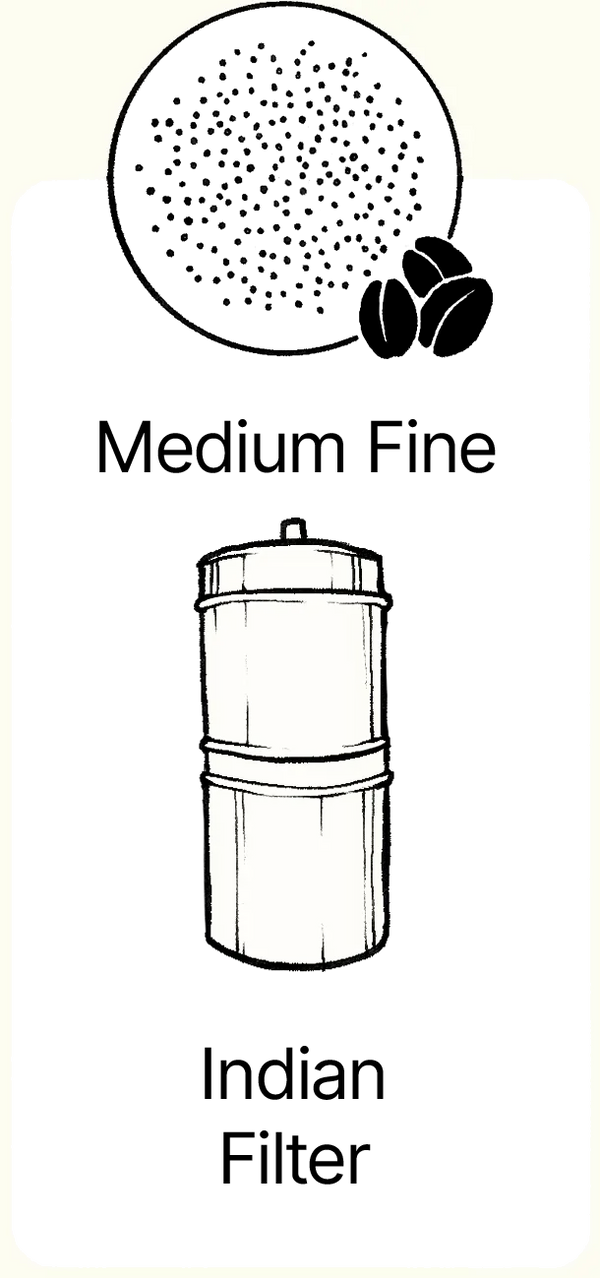


Know Your Coffee
-

BR Hills, Karnataka
-

Moist Deciduous
-

1200MSL
-

Honey Process
-
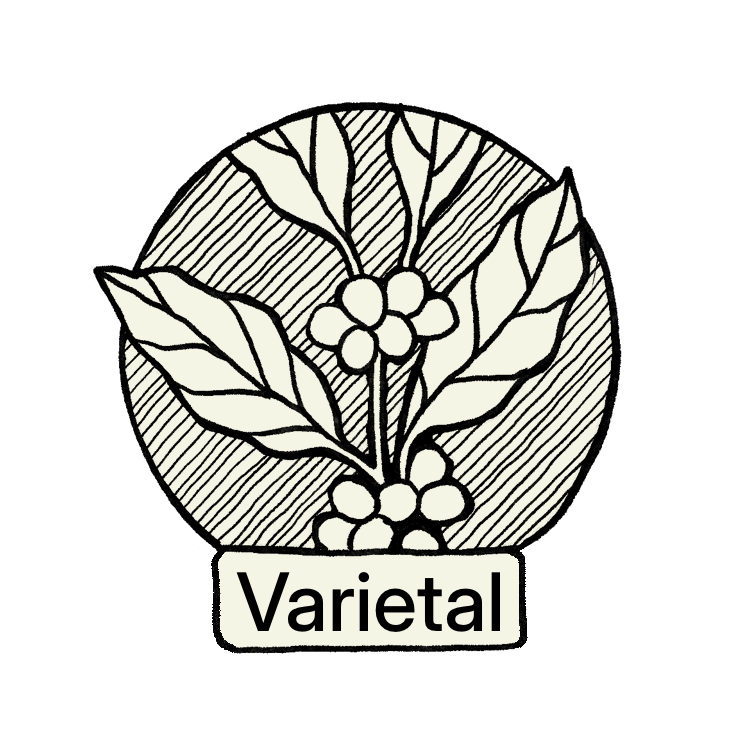
Arabica SLN9
-
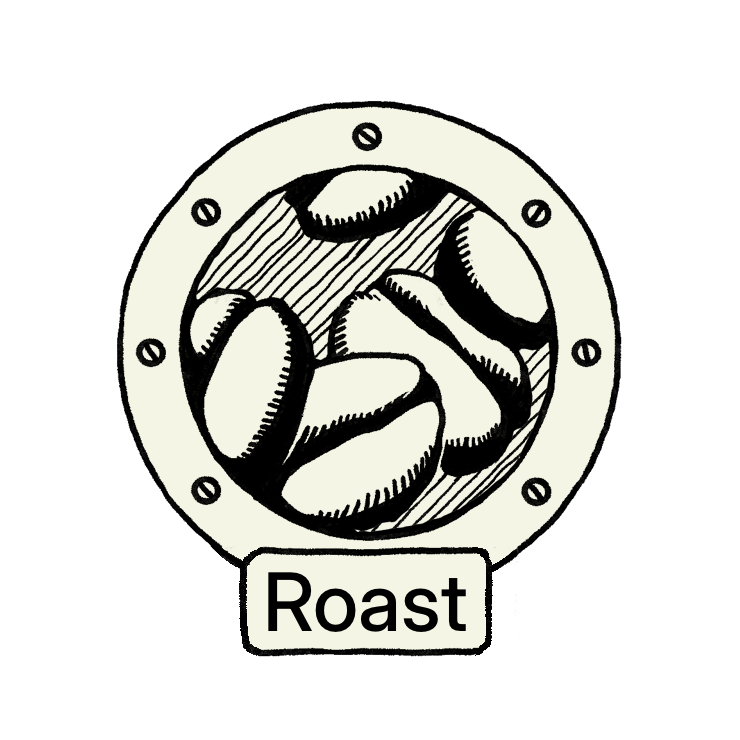
Medium Light
Transparently Traded
The namesake
FAQs
Have questions? We’ve got answers! Here are some of the questions people have had about Potter Wasp. If you have more, check out our FAQs page or feel free to contact us!
How does Potter Wasp taste different from your other coffees? -
This honey processed coffees retains some of the coffee cherry's natural sugars during drying, giving the beans a subtle sweetness and a smooth, rounded mouthfeel. When lightly roasted, these coffees showcase bright acidity and delicate fruity notes, making for a vibrant and aromatic cup.
Are all your coffees organic? -
While not all our coffees are certified organic, every kilo we source and roast is grown without chemical pesticides, fertilisers, weedicides, or fungicides. Organic certification can be prohibitively expensive for the smallholder producers we work with, but we ensure our practices align with organic principles. You can view a lab report here.
What is the best way to store this coffee? -
The best way to store your coffee is in an airtight, opaque container kept in a cool, dry place away from direct sunlight and moisture. For optimal freshness, we recommend transferring the coffee from its biodegradable bag into an airtight canister. We suggest that you avoid storing coffee in a fridge or freezer. Moving beans in and out of the freezer every time you make coffee can introduce moisture to the beans, resulting in potential mold growth and degradation of the coffee.
Do you have light, medium and dark roast options? -
We offer a variety of roast levels, including dark, medium, and light, each highlighting unique flavour profiles. Dark roasts are rich and robust with deep, chocolatey notes, medium roasts balance natural flavours with a smooth body, and light roasts are bright and aromatic, preserving the beans' natural acidity. Whether you prefer bold, balanced or delicate flavours, we've got you covered!
Why are there white flakes when I grind my coffee? -
The light tan flakes you see are coffee chaff, a natural by-product of the roasting process. Chaff is a parchment-like layer from the centre of the coffee bean and is more noticeable in lighter roasts, as darker roasts burn off most of it. When ground, chaff appears as lighter specks mixed with coffee grounds—it’s perfectly safe to brew and won’t affect your coffee or grinder.
